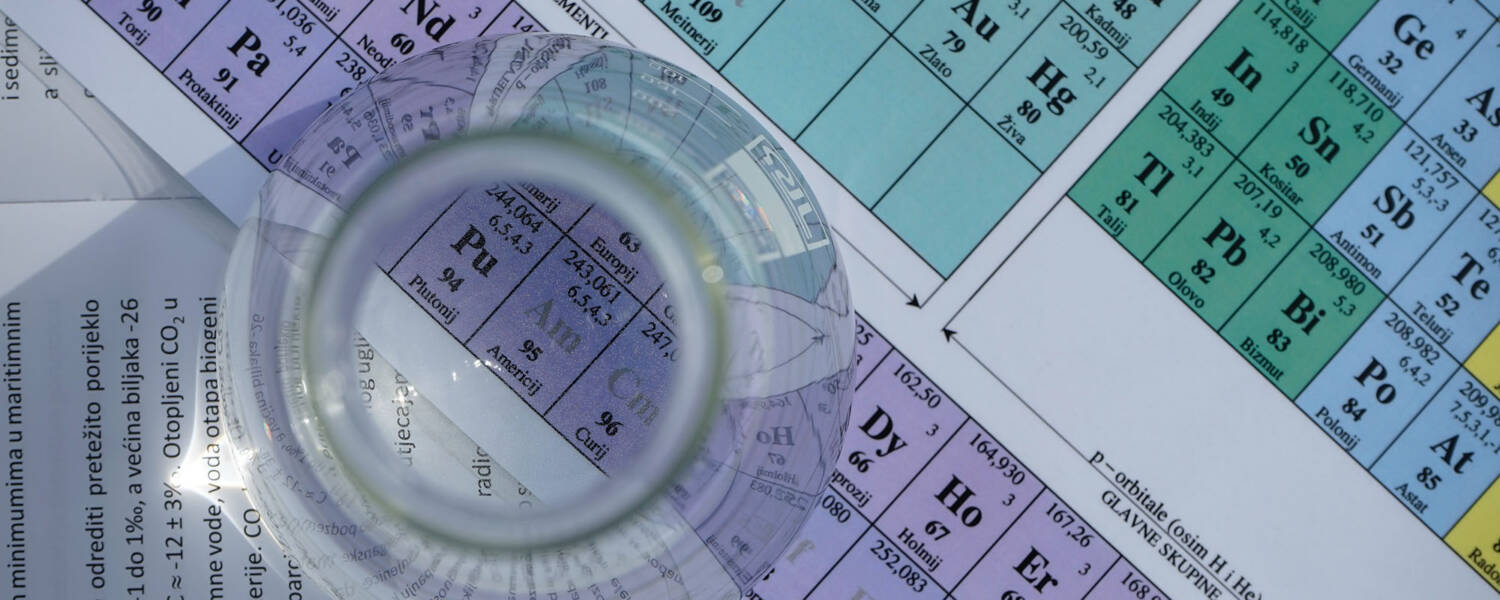Academic Programs
Chemistry

Chemistry is the study of the properties, structure and behavior of the matter that surround and include you — from energy to medicine to the food you eat. Salem offers a bachelor of arts degree with a major in chemistry as well as a minor in chemistry and a minor in nutrition that pairs well with our chemistry and biochemistry program. Graduates from Salem’s chemistry program either go directly to graduate school or are employed in the field.
Student Experience
Students in chemistry enjoy developing practical lab skills, working as a team and conducting research alongside passionate professors who help students succeed. The chemistry department leverages Salem College’s partnership with Wake Forest University which affords students the ability to take Wake Forest classes not offered at Salem for no additional cost. Salem also has a relationship with Winston Salem State University that enables chemistry students to participate in research opportunities directly with WSSU faculty members. In addition, students benefit from opportunities for internships in industry, medical schools and graduate schools in the region. A bachelor of arts in chemistry provides flexibility in course selecting allowing students to choose more electives. Their result is a high acceptance rate to health professional and graduate schools. After college, students can also work in teaching, industry, research, or clinical labs.
Health Leadership Highlights
- Students in the chemistry and biochemistry department have worked with faculty on health-related research projects and have published their work in peer-reviewed scientific publications.
- For example, several students completed internships to strengthen their research skills and lab techniques. In addition, students have participated in writing projects leading to peer-reviewed scientific publications and regularly support health-related community initiatives, such as the Winston-Salem Heart and Stroke Walk, Ardmore RAH (Run Against Hunger) and Second Harvest Food Bank.
Jobs and Outcomes
A chemistry major prepares Salem graduates for various professional schools and postgraduate programs and equips students for a wide range of career fields, including:
- Medicine
- Veterinary science
- Science writing
- Textiles
- Agricultural science
- Culinary arts
- Renewable energy
Program Leadership



